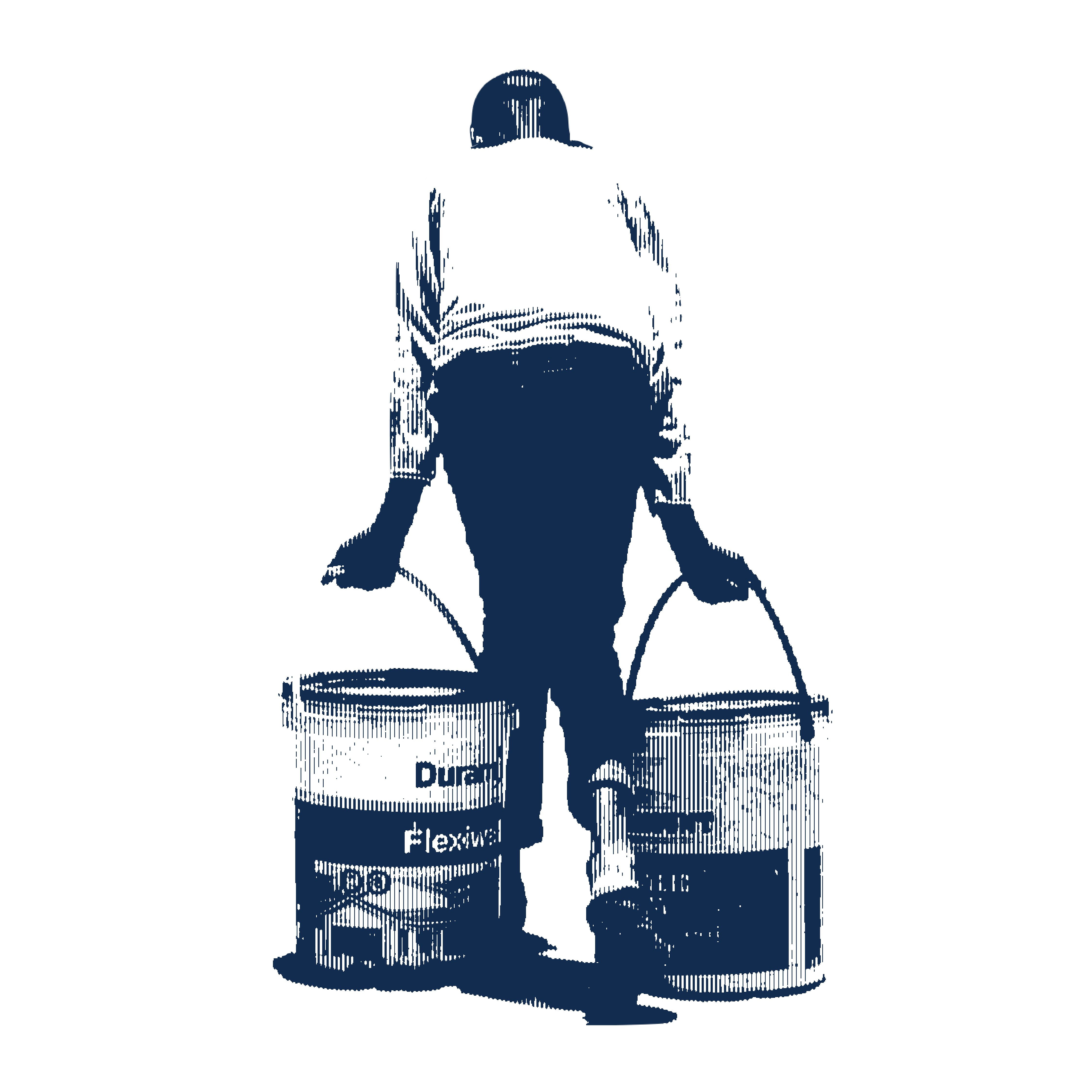
Kenya's Lake Turkana, was in the spotlight in the just ended World Water Forum here, when a claim that the country's second largest lake faced the threat of extinction due to plans to dam Ethiopia's River Omo — the lake's main inlet.
Ms Ikal Angelei told the forum that the Government of Kenya had "traded off," the people of Turkana in exchange for hydro-electric power to be supplied from Ethiopia after the damming of the river.
Ms Ikal, the coordinator of Friends of Lake Turkana, said Lake Turkana, the world's largest desert lake and lifeline for more than 300,000 Kenyans and Ethiopians, has lost several metres of its water in the last five years.
Plans to build a dam along the Omo River — the source of more than 80 per cent of the lake — will drastically reduce the inflow into the lake, increase the lake's salinity and severely alter the lives of thousands of people and millions of animals dependent on the lake for survival in the drought-stricken northern Kenya, Ms Ikal said.
She was among hundreds of activists who held a parallel meeting to the week-long World Water Forum, challenging the legitimacy of the forum.
The activists called for recognition of water as a human right and demanded an immediate end to the World Water Forum — the world's largest gathering on water — saying that the forum was an avenue for private water companies to balloon their bottom line.
The activists chastised the forum organised by the World Water Council, saying it was yet another avenue for commercialisation of water, while not addressing the plight of the poor in Africa and elsewhere who continued to suffer, even die, due to lack of access to the precious life sustaining fluid.
"The Forum is about top-down solutions when we need bottom-up solutions," said Ms Sheelu Francis of Tamil Nadu Women's Collective, India, in a press release to the participants in the forum.
The forum, staged every three years to deliberate on water issues, attracted more than 20,000 participants from across the world. Water and Irrigation minister, Charity Ngilu led the Kenya delegation.
Fathered under the over-arching theme of "Bridging Divides for Water", the Forum was dogged by controversy right from its first day on Monday, March 16, when hundreds of water activists protesting against its authenticity got into a violent confrontation with police.
Riot police used teargas to disperse the more than 300 protesters who threw rocks and beat officers with sticks.
The participants castigated the neo-liberal approach to water management, which they said espouses increased privatisation of water. More than 17 protesters were arrested.
Two activists with International Rivers, a group that opposes dam constructions on river courses, who unfurled a banner that read "No Risky Dams" at the forum's opening ceremony were arrested and deported.
Mr Peter Bosshard, the policy director of International Rivers, condemned the deportation in a press release and dismissed the Water Forum as "a trade fair of corporate interests."
The water justice activists later held a one-day Peoples' Forum on Thursday March 19.
"The divide remains deep between the people who want quality water and sanitation and the bankers and corporations who control the World Water Council," said Mr David Boys of Public Services International, in a press release to the participants in the forum.
Ms Ikal travelled from Kenya to attend the alternative forum to bring the world's attention to Ethiopia's planned Gibe 111 Dam, which she says will all but alter the livelihood of her Turkana community.
The Kenyan government, Ikal told the Nation in an interview, is complacent in the scheme in its quest to buy cheaper electricity from Ethiopia.
Ms Ikal said the Government was betraying the people of Turkana, making them feel like "second-class citizens."
The water activist said that Mrs Ngilu, had failed in her work as minister by not bringing up the issue in a Cabinet meeting.
The water activist said the people of Turkana would like to be informed about what the governments of Kenya and Ethiopia agreed on in building the dam.
The people of Turkana, Ms Ikal said, would also want to know what the government thought of the future of Lake Turkana, whose national parks form some of Unesco's World Heritage sites.
Ms Ikal said she felt at home at the activists' alternative forum and not at the Water Forum because there she met other people who were fighting misguided government initiatives on water, which she says will affect the ordinary folks.
The water week in Istanbul ended on Sunday as the world marked the World Water Day. On this year's occasion the UN focused its celebration on 263 transboundary lake and river basins like River Omo, saying that the world shares responsibility of managing "transboundary waters for current and future generations."
The forum and the World Water Day came hot on the heels of a UN report released on March 12, warning of potential conflicts over water scarcity.
The 348-page document titled: "Third World Water Development Report" noted that while the water supply target was being attained by the rest of the World, "sub-Saharan Africa and low income Arab states are far from the target, and some risk backsliding."
The report noted that in Africa, by 2020, some 75-250 million people may be exposed to increased water stress due to climate change and that "conflicts will likely intensify."







